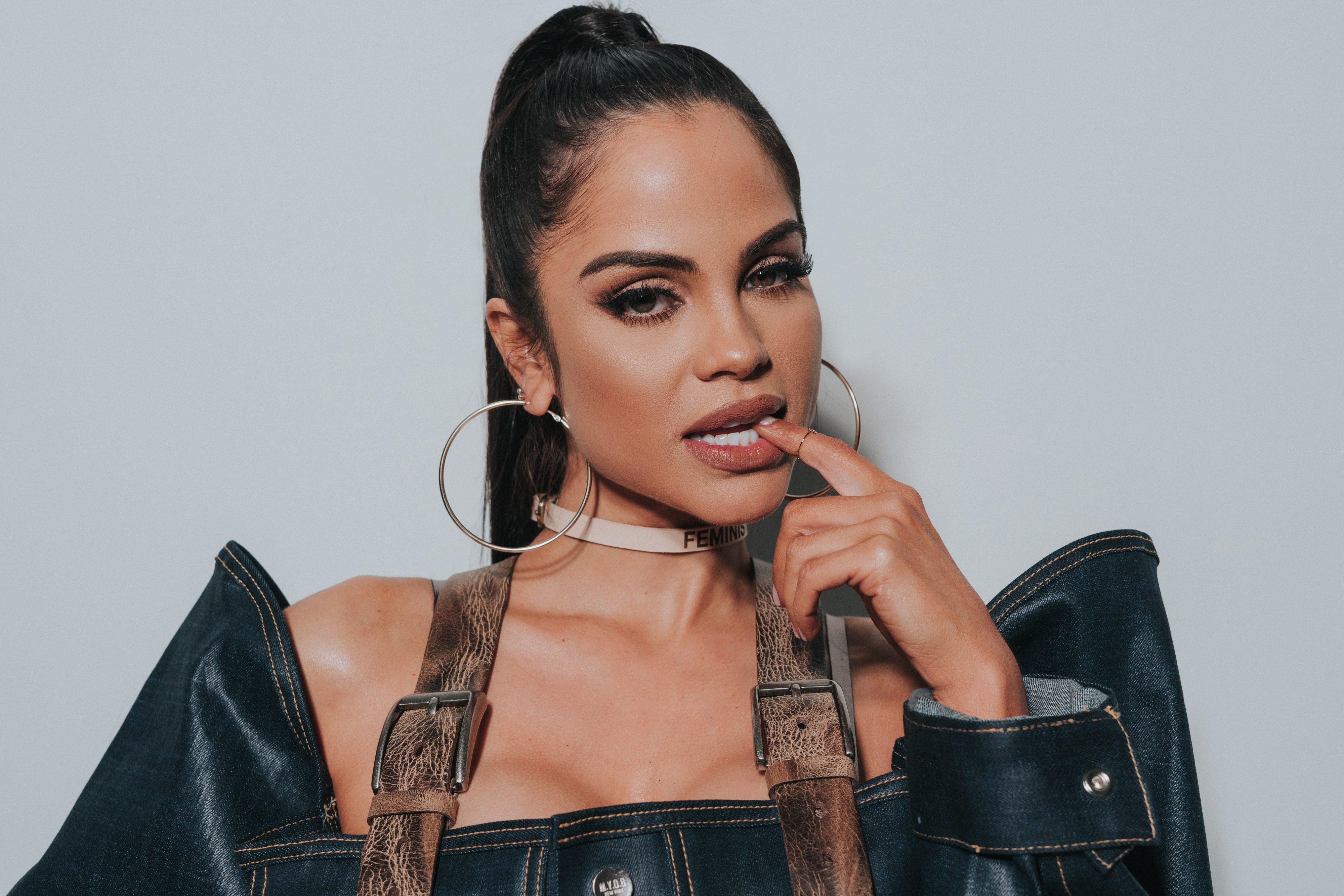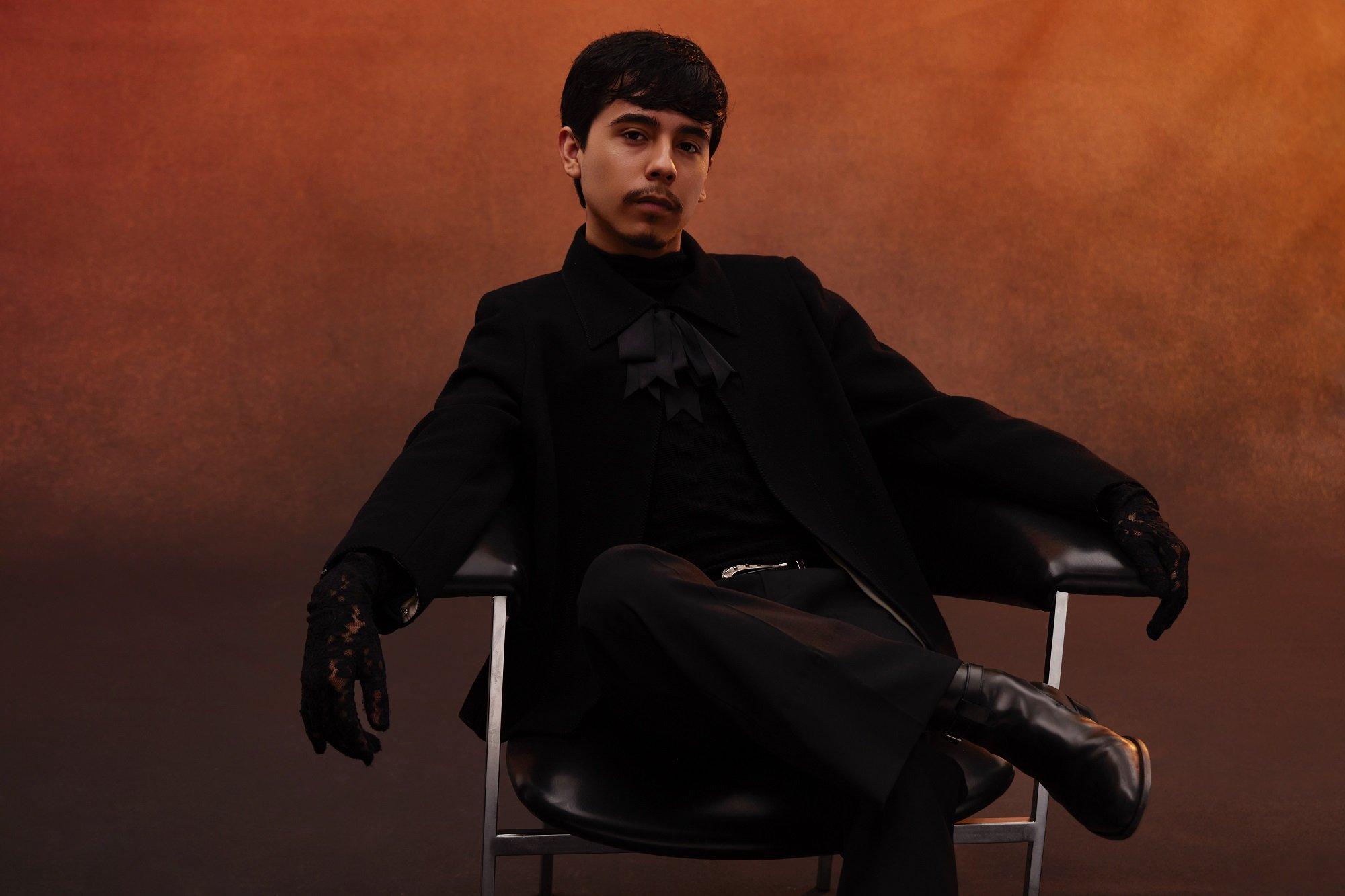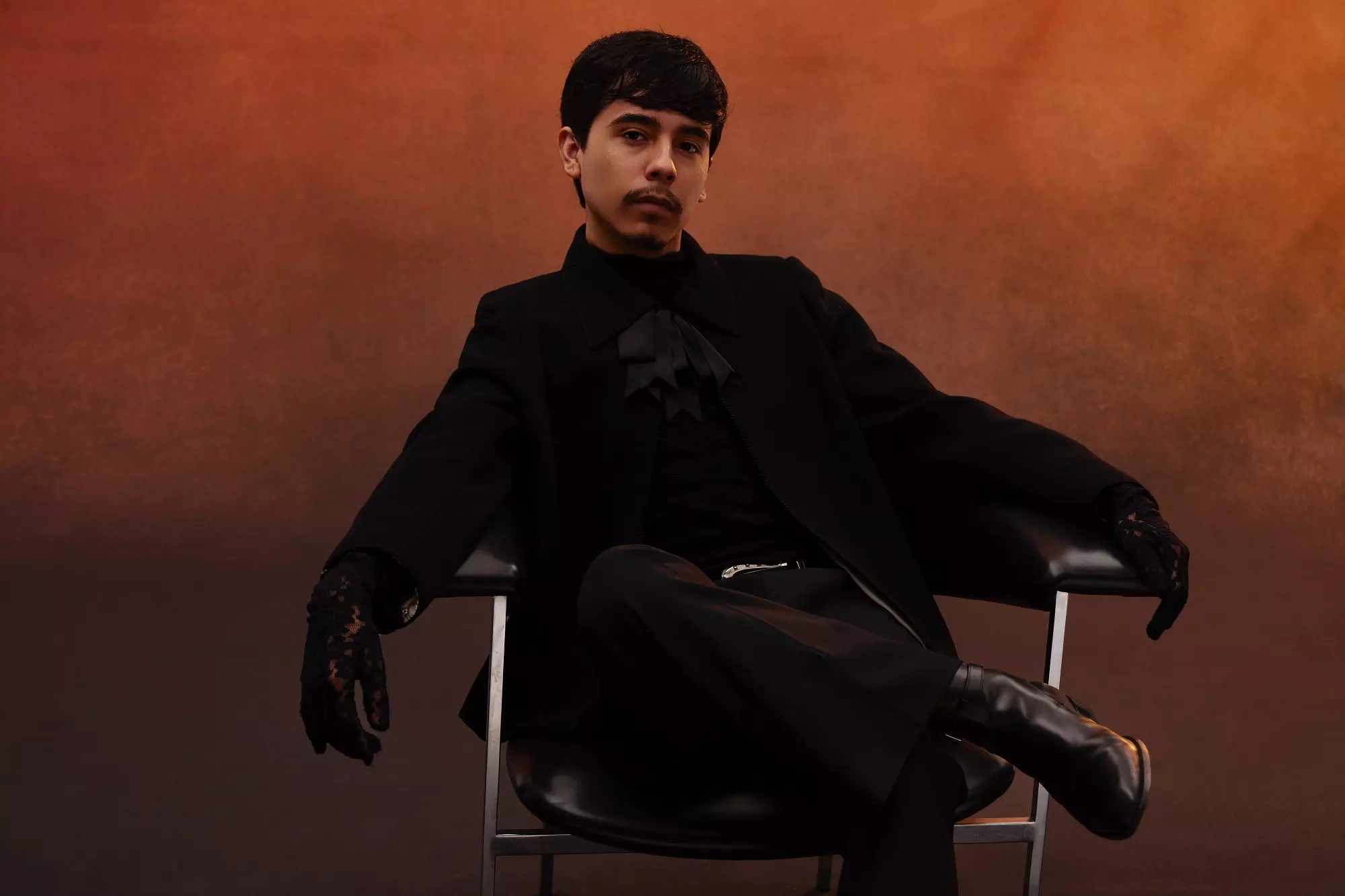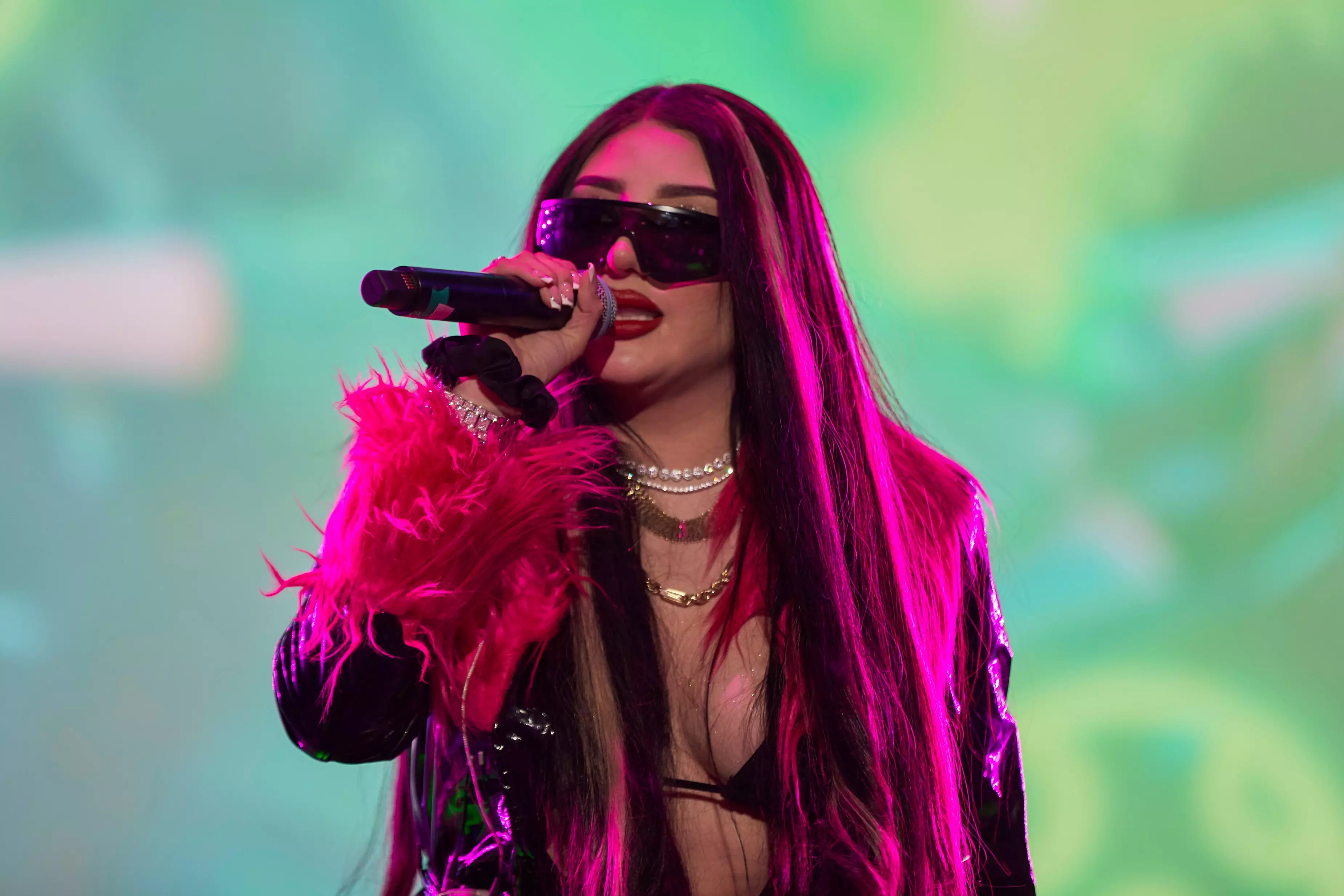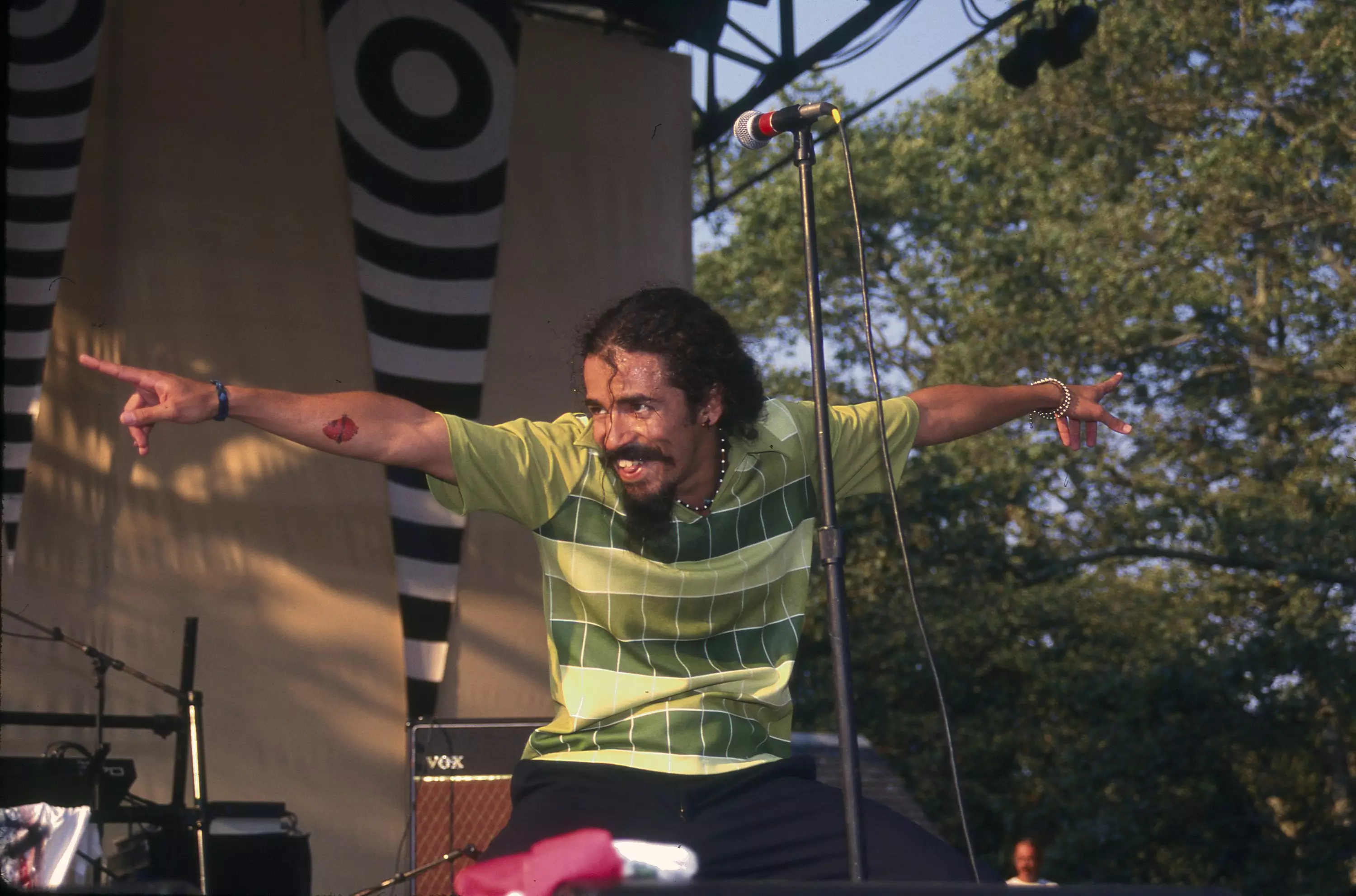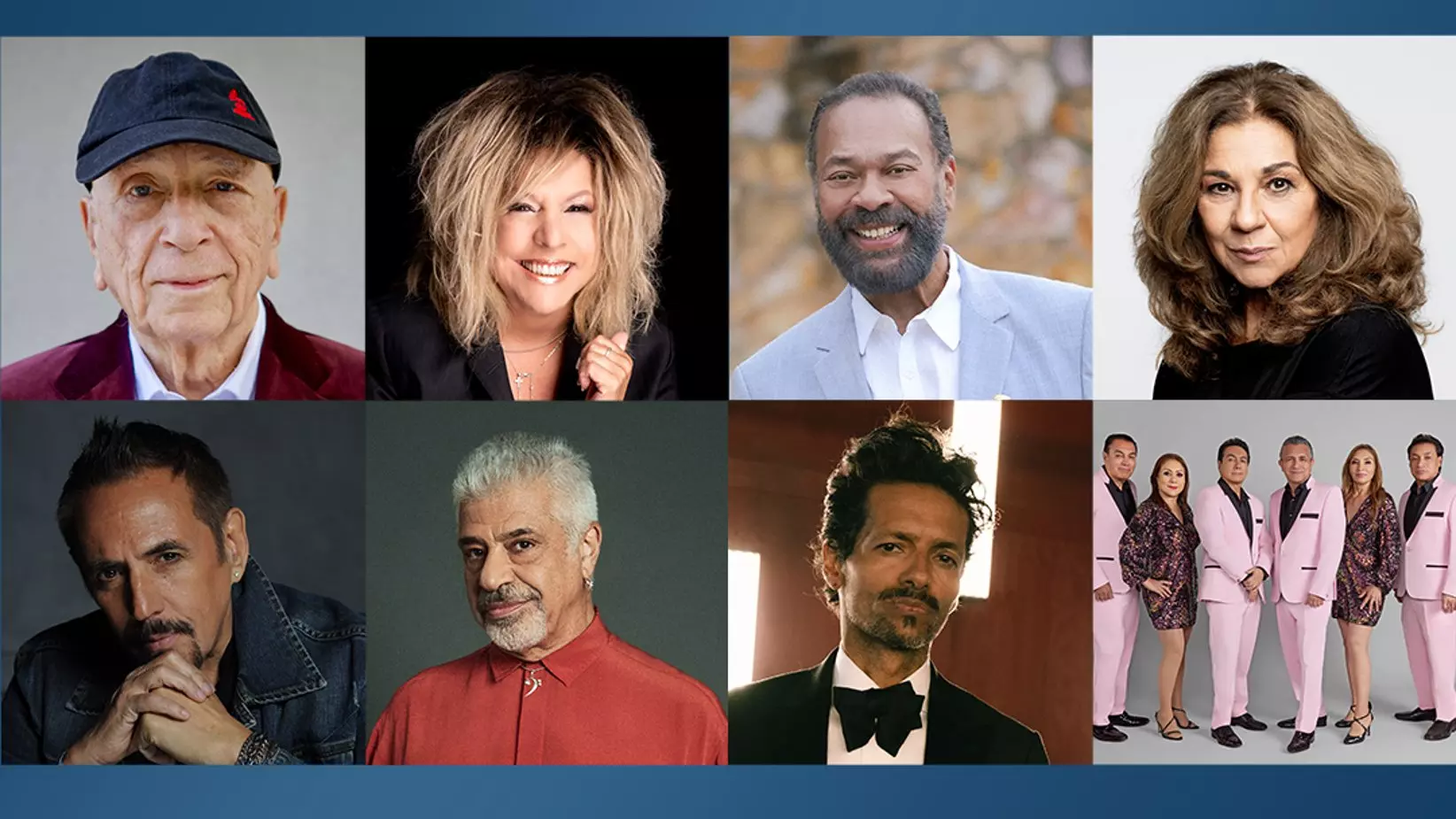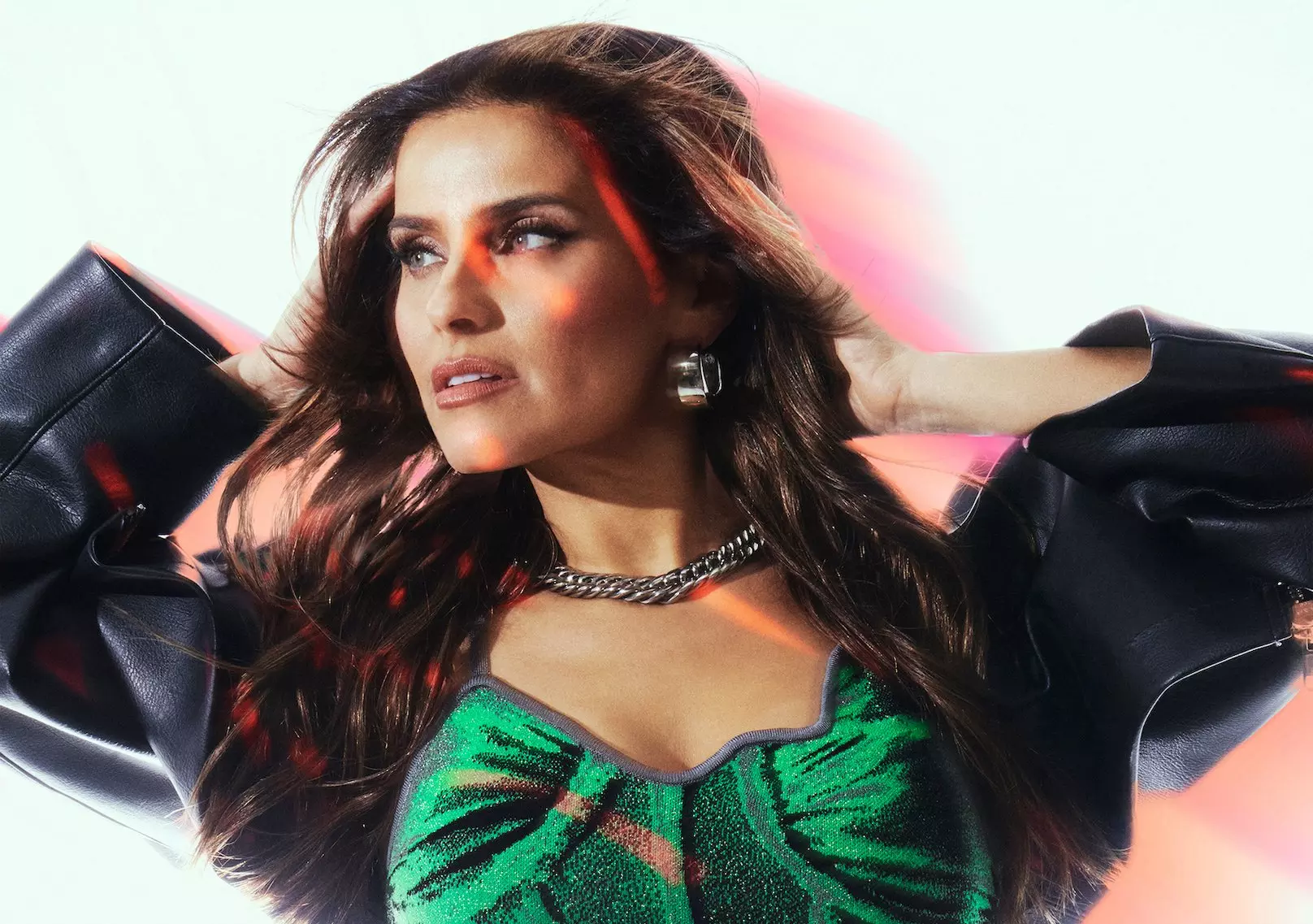Natti Natasha might have been YouTube's most-watched female artist in 2017 and 2018 (not to mention one of the streaming platform's top 10 most-watched acts of 2018 in general), but she's only just getting started.
The 32-year-old Dominican Republic-born singer/songwriter has been a part of some of the biggest collaborations in Latin pop music in the last two years; her performance with Becky G on "Sin Pijama" was one of the most popular songs of 2018, and her duet with reggaeton star Ozuna in "Criminal" knocked off Luis Fonsi and Daddy Yankee's notoriously popular "Despasito" from the number one spot on YouTube in 2017.
<iframe width="620" height="349" src="https://www.youtube.com/embed/ZZHZLMO0xc0" frameborder="0" allow="accelerometer; autoplay; encrypted-media; gyroscope; picture-in-picture" allowfullscreen></iframe>
2019 is set to push her rising star even higher, with the release of her debut album, IlumiNATTI, which dropped in February. The record looks at the world through a woman's perspective, and Natti Natasha is proud of that. While she's known for collabs, the only two featured on the album are with other women: GRAMMY-nominated singer/songwriter Kany Garcia and Brazilian singer Anitta, who has been another favorite voice in Latin pop and urban markets.
"I wanna do many things, but I just wanna keep doing this. I love music," Natasha says. "I think that it speaks for all of us, and I'm very proud of representing women out there. I feel like it's a responsibility, but more an honor to actually be able to be the voice out there for so many women that have a message, that have something to say. "
At a time where women in urban Latin music are thriving and seeing a promising future, Natti Natasha is an example of never giving up. In 2012, she joined urban music legend Don Omar in "Dutty Love," and while the song gained popularity, it was short-lived for Natasha. Now that she's achieved a new visibility, however, she's all about staying humble, grateful and aware of what she wants her music to be.
"It's my first baby, IlumiNATTI. I'm taking risks, but I feel like I'm doing it for all the Latinos out there," she says.
In an exclusive interview, the singer sits down with the Recording Academy to go deep on IlumiNATTI, her experience in the music industry, representing her culture through music, and more.
How did you get your start in the music industry?
Well, I was in the Dominican Republic, and, I don't know. I just loved music and I started knowing people who sang or produced. As a little girl I was in the church chorus. And then I got into Bellas Artes, which is a school in the Dominican Republic. Like a nonprofit, but I started getting the first feel of the music environment and all that. But it was always something that I was always inclined to [do]. Then with some friends, without planning it, you know, some of them were producers and some of them were rappers, singers. And like, just out of like, playing around, we actually started recording and doing small presentations and stuff like that. But it was always something that I saw myself doing.
People know you for hits"Sin Pijama" and "Criminal." But now you have IlumiNATTI, what did you want to accomplish with this album?
Yeah I mean it's ... there are so many things about IlumiNATTI, because it's my first album. [I spent] so many years dreaming about this one moment where people can actually hear Natti Natasha and see like, okay, this is what she's been working on for so long. With all that I've experienced in life and during these years like, struggling and ... and working and just trying. Just trying to get my music out there for people like, and to connect with people. Just seeing people enjoy my music, I wanted to include that. An empowerment message, de superación (resilience). Like, of overcoming. How from a woman's perspective, we also go through what men go through, you know?
We have falls. I fell many times, and I probably didn't see a way out. Just with this dream, you know. Just by me dreaming. I had to struggle a lot, and it's that type of message is like, hey, I did it. You guys can do it also.
I'm very, very happy for IlumiNATTI because I finally started what I wanted to so many years ago. And to tell you the truth, it's like if I was seeing it from another person's point of view. Because actually making it happen, with a great team, it still feels like it's a dream. I like, I can't grasp to it. I'm like, okay it's happening and things keep going on.
So, IlumiNATTI is that message: empowerment, overcoming all of these things, keep strong. It's a story from a woman's point of view. And how we go through things and we like, suffer at the moment, but we look back, we laugh, and we keep it moving.
What are some of the challenges that you faced as an artist in the music industry?
I mean, just as an artist. Any artist that is trying to make it out there is probably struggling right now. And then being a woman is like, I had to go places and show what I had and they were like, "We like it. It's good music, but women don't sell. They're not going to listen to you. So us investing our time and investing all we have in you, it's probably not gonna come back."
So I mean, you know, if they tell you that right now and they tell you, "Natti, your story is amazing but we don't wanna hear it from a woman. 'Cause it's not gonna give any type of impact." Your heart is literally gonna feel shattered to pieces.
You're gonna get a stomachache, and your world at the moment is gonna fall, because what do you have? All you have is your talent, your voice, the strength to actually do it, the love, the passion, and you know sometimes when I had to go through all that stuff. You know, not having money, not having—being from the Dominican Republic, alone. I was studying industrial engineering, and then I left [to move to] New York. 'Cause I was like, "Well I just love music and I have to at least try. I can't die without knowing that if I had the chance of making it or not." [New York] was this huge city. And I saw so many opportunities. And it has to do more with fate. With passion, with the trust of believing that something is gonna happen there. And knowing that it's not a "yes" everywhere you go, it was really hard. No place to stay, with no money to eat. One day I stayed in one house, another day in another house.
You know, it was not an easy thing. It was very, very hard, and people should know out there that, you know? It's not easy for an artist, especially for a girl. But you know, you just have to work very hard, persist, trust what you have, your essence. What your offering, from you, point of view. From what God gave you as a talent. And just go. Not be afraid.
You say it took you years to get to this success. How many years, would you say?
A lot. I mean, I had the first opportunity in 2011, 2012 ... I don't know if you remember "Dutty Love," but that was the song that got Natti Natasha out there. But then after "Dutty Love," I went back to zero. And people probably don't know that. I literally went back to not having a home. I went back to not having money to eat. It was a lot, it was a lot to struggle with again. I used to tell myself, "Natti, you really, really gotta love this to keep on going and struggling the way that you're struggling."
That was my first, first big break. But again, not having support again, being alone. As a woman, it was very hard because, you know, just like going to the studio, you gotta have help. If you don't have money, if you don't have the support, if you don't have the right team, what are you gonna do with that? Social media was not a thing back then. Probably Twitter and stuff like that, but it was not so powerful as how it is right now.
And then now, at the end of 2017, I remember I had "Otra Cosa" with Daddy Yankee. Those were the first footsteps I started getting with Pina records, which is actually my home right now. And it's a great team, it's a family. Where they gave me the opportunity of collaborating with Daddy Yankee on "Otra Cosa" and "Criminal" with Ozuna, which was, like, that song that actually gave me a second chance of being here.
One of my favorite songs on the album is actually your collab with Anitta, "Te Lo Dije." How did that collab came to be, and how did you know Anitta was the person for this song?
It's a vibe thing. I heard some music and I heard the, la complicidad, that was in the song and to tell you the truth we just, we just clicked. We DM'd a couple of times, you know. I really, really love her. Like, I really love her music, I really love her style. I feel she's very, very unique. And I remember I was like, "Anitta, I have this song, would you mind hearing it?" And she said "yes," and it came out very organic. We recorded it in less than one week. I went to Miami to see her while she was recording.
I feel like it was very her style—Caribbean. It has a mix of both worlds. And I have [another collab] with Kany Garcia, which is a Bachata. I didn't go to the balada, and she didn't come to the urban, but we found ourselves in a good medium. And I love these two women, and I feel like each one represents women in their own way. Like, that's what I was really looking for. And I don't know, it's people that I really vibe with that even though we didn't know each other in person, 'cause when I met each one of them, I was impressed. I really get happy like, when I meet other artists. Especially girls. 'Cause if you know the struggle, you're gonna respect them.
<iframe width="620" height="349" src="https://www.youtube.com/embed/NGaQ68P-UYs" frameborder="0" allow="accelerometer; autoplay; encrypted-media; gyroscope; picture-in-picture" allowfullscreen></iframe>
Is it special collaborating with women knowing that it's just so hard?
Oh, it's special and fun. I think, por que la complicidad. There's a type of, like, a secretive thing that just happens between us, and I feel that that's actually the way to keep the movement going. Because then the movement grows, and there is no one else that can make that drop, you understand? I feel like, the more you collab with girls ... we support each other, we keep this movement going. Going and growing.
At Premios Lo Nuestro, urban artists paid tribute to Daddy Yankee, and he actually said that that's how the reggaeton genre has stayed so strong, is because of all these collabs. And he kind of called it a brotherhood, but I definitely see this happening with women in the genre now, which is so amazing.
Yeah, because we're understanding. I remember before I think also the things that used to happen was that they used to want to put women to compete. Don't know why, but it was just like an automatic thing. Once you understand, that is not the way to go, you understand why that happens, why they do it. You do all the opposite, and you get together and you make this happen. You prove to people that it's not a competing thing. It's a collaborating situation. And when that happens, magic happens. Because people feel the impact, and people appreciate it. Not necessarily from the industry, but the audience. Those are the ones that count.
I love your album title, IlumiNATTI. How did you come up with that?
A lot of people don't understand. Years ago, when Instagram came out, I used the hashtag #IlumiNATTI in my own way. Because I knew there was an organization, something going on. But, I mean, to tell you the truth, I don't know if half the people that are out there understand what they're talking about. Because I don't now, I'm ignorant on that side. I used to write "IlumiNatti," "Ilumi" with one "L," and Natti's obviously my name. I've received a lot of blessings, a lot of light. And when I get the opportunity of returning that to everyone, que sea con luz [with light], you understand?
Positive stuff. Even if my songs don't have a lot of filter, but thats also something that is a characteristic. So I was like, well, since I have my first album, this should be the name. Like the hashtag is. And I remember a couple of months where we were planning on taking the album art, I did a little like ... un encuesta [a survey], and I was asking fans: "If I put an album out, what do you guys feel like the name should be?" I wanted them to be a part of it.
And most of them were like, why don't you use IlumiNATTI? You used to use it and it has your name, you know, all that.
It's wild to me because you were just talking about how your first taste with success was with "Dutty Love." But last year, you were the most-streamed female artist on YouTube. How does that feel?
It's crazy. I mean, you see those numbers, and they're amazing to me. Because, to me, that means that all those people are connecting with the music that I'm doing, and it's impressive. Believe it or not, it's very shocking to me. Sometimes I can't really believe it. But I really am really grateful with God and to everyone that's actually like, supporting what I'm doing. 'Cause it means a lot.
Do you feel like this is a time for you, for Anitta, for Karol G, for Becky G?
Yeah. It's our time. Not only this year, not only last year. I feel like it's really just the beginning. We're getting the support, and it's gonna keep going.
Is there a song on the album that is extra special to you?
"La Mejor Version De Mi," yeah. That's the song that to me sums up all the feelings ... the whole message. At the end of the day, I feel like it's a mistake to generalize that all men are the same. That would be also a mistake [to generalize that all women are the same]. And I feel like, that "La Mejor Version De Mi," it speaks for all of us. How each day, when you outgrow a problem when you surpass it. Every day you keep turning in to the best version of yourself. So I feel like that song is extra special, not to me, but to a lot of people out there.
How has it been performing onstage and bringing your music to the world?
That's one of my favorite moments. You go into the studio, and you record for hours, for days, months. No sleep. And I love the creative part. But when you get onstage and you actually get to sing in different parts of the world—I look at people, in their eyes, I try to vibe with them. I try to see how they're feeling. I really want to share this moment with them. I say "surreal" a lot, but it actually really feels like that, and it feels like a blessing. There are no words to actually describe the adrenaline. And, I sometimes can't believe it because all these people have heard this song, and they're all singing it at the same time. And then singing in the same space that Daddy Yankee's singing. Like, he's my padrino musical [musical godfather], to tell you the truth. I keep learning from him every single day. Like, he's been here for years, and he still performs like the first day. He still goes into that studio like the first day. So I mean, I'm still learning. I'm still a little sponge.
Are you thinking about recording an album in English in the future?
Yeah. Of course. I've always had these little songs in there with English. Obviously, with me representing Latinos, I feel like that's a very special touch we have. You know? Like, even if we do an English song, representing our community is a very important thing for me. Because we're hard-working people. And right now vez la union [you see the unity], how it's all come together when before it used to be so hard to actually collaborate in an English song. It's coming out now, you know, organically. So definitely, I'm working on it, but always with that Latin flavor.
Meet The First-Time GRAMMY Nominee: Angela Aguilar On Her Culture And Family Legacy

